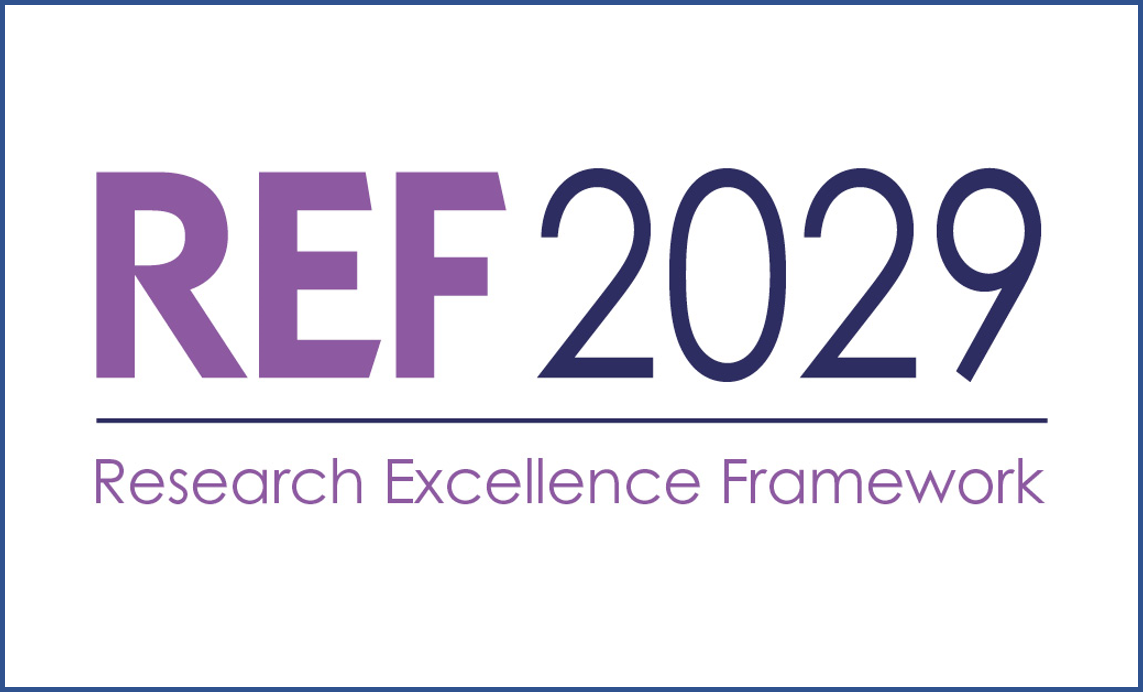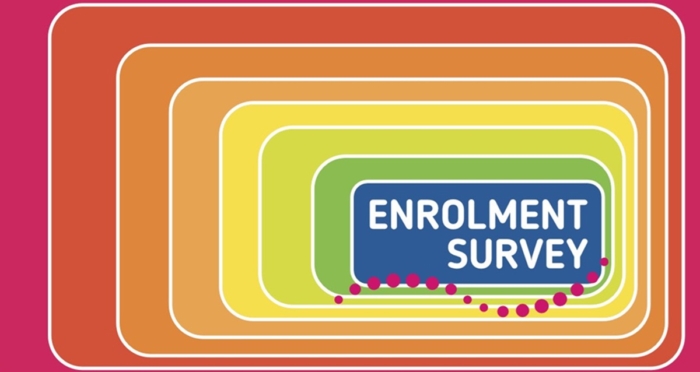The REF 2029 panels recruitment has now been launched. They are looking to appoint individuals to the following roles:
- Sub-panel chair and deputy chair – the closing date for sub-panel chair and deputy chair roles is midday 6 February 2025
- Sub-panel member – the closing date for this role, and all roles listed below, is midday 28 April 2025
More details are available on the REF 2029 website.
As a reminder, for REF 2029, they are moving to open applications for main panel and sub-panel recruitment. This means that individuals will apply directly to act as panel members, rather than being nominated by sector bodies. This change aims to increase transparency, remove barriers for potential applicants, ensure that REF panels are representative of the diverse disciplines they assess, and lower bureaucratic burden for sector bodies. The EPC encourages applications from a broad range of individuals, especially those from underrepresented groups. The REF team have said that one form for applicants for chairs and wider membership will reduce paperwork and will encourage people to step forward to chair when they might not otherwise.
They are seeking individuals with a wide range of expertise and experience to fill various roles within the REF 2029 panels. These roles include:
- Sub-panel chairs: to lead the sub-panel’s work, including advising on membership, contributing to criteria development, and assessing submissions.
- Panel members: to support the development of assessment criteria that is fair for the range of disciplines and practices within each Unit of Assessment. Later in the process, these panel members will evaluate submissions rigorously and fairly against the established criteria, providing recommendations to the main panel on the quality of research.
- International experts: These members have experience leading research in at least one country outside the UK. They ensure the assessment criteria reflect international standards.
- People, culture and environment experts: These members have experience leading and delivering initiatives that create positive cultures and supportive environments.
- Experts in the use, application, and wider benefits of research: These members have experience in using research in the private, public, or third sectors. They ensure the fair assessment of research impact and engagement.
- Interdisciplinary experts: These members have experience leading and using interdisciplinary research. They ensure the fair assessment of interdisciplinary research and work closely with other panels to maintain consistency.
|
They have recently published a commitment to diversity and inclusion in REF panels, through:
- Promoting inclusive outreach – Proactively reaching out to underrepresented communities within our networks, using established communication channels and partnerships to share information about REF panel opportunities. This includes engaging with internal and external networks supporting ethnic minorities, LGBTQ+ individuals, people with disabilities, and others from historically underrepresented groups.
- Encouraging Participation through Existing EDI Frameworks – Through communications and actions, encourage members or affiliated institutions to consider this responsibility as part of their ongoing diversity efforts.
- Reducing barriers to application – Work collaboratively to raise awareness of any available resources or supports that can help potential applicants navigate the application process. Where possible, provide guidance to ensure that applicants from all backgrounds feel empowered to contribute their expertise.
- Supporting diverse career pathway, research outputs and impacts – Recognise that valuable research perspectives are drawn from a wide variety of career pathways, and actively encourage applications that reflect the full range of professional and academic experiences in our sector and highlight the importance of diverse research practices, output formats, and impact types relevant to different disciplines.
|
Sector organisation collaboration
The REF team also recognises the vital role that sector bodies play in ensuring that panels are reflective of the diversity within their disciplines and can command the confidence of their disciplinary communities. The EPC has stepped up to:
- provide input into the selection process for Sub panel chairs and members;
- contribute to the selection of specialised panel members;
- review panel composition: offering insights on the composition of UoA panels; and
- Support disciplinary taxonomies: assisting in the mapping of disciplinary taxonomies.
This process will begin in February.
Meanwhile, you can find further information and insights on panel diversity in the following reports:
Analysis of REF 2021 Panel Membership
Improving Panel Representativeness: Review of Nominating Bodies’ Equality and Diversity Templates




